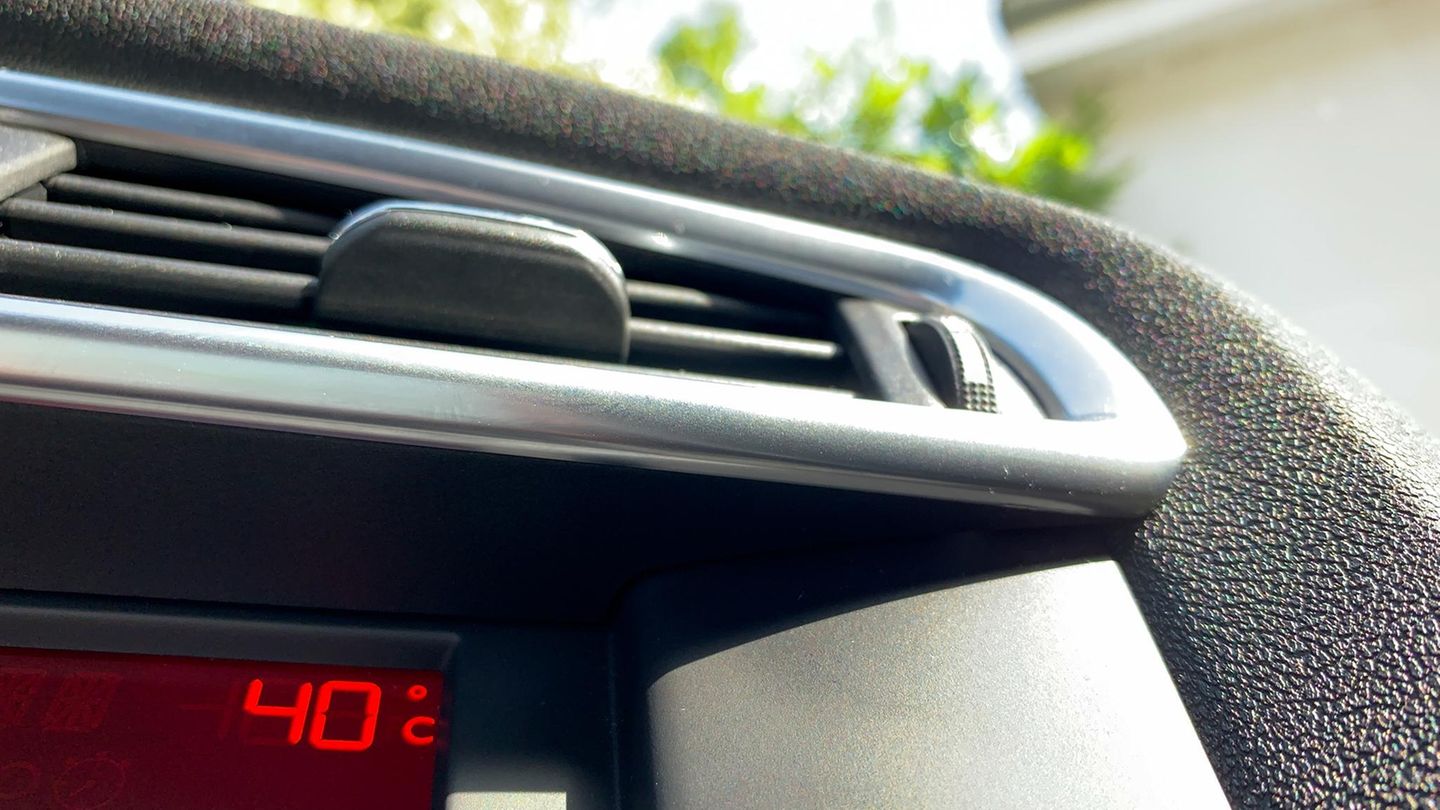Energy companies are currently enjoying sizeable profits as a result of the Ukraine war, while high energy prices are a burden for the population. The Chamber of Labor (AK) and the Federation of Trade Unions (ÖGB) are now presenting a model for taxing excess profits in the energy sector. A total of 1.5 to 2.2 billion euros per year should be available to finance anti-inflation measures. There are deductions for investments in renewable energy sources.
“No objective justification for excess profits”
AK and ÖGB are demanding that the turquoise-green government introduce a special tax on excess profits as soon as possible. “With the model in Austria, as in other European countries, there will be the opportunity to siphon off the excess profits of the energy companies so that they actually benefit the many,” says AK President Renate Anderl. “There is no objective justification for excess profits, so this tax is needed to provide long-term support for people in this particular economic crisis and record inflation,” said ÖGB boss Wolfgang Katzian.
Based on the balance sheets of the most important energy companies – including Verbund and OMV – according to the AK and the ÖGB, excess profits of 4 to 5 billion euros per year can be expected. EUR 1 to 1.5 billion can be deducted from this for investments in renewable energies. This is intended to maintain incentives to invest in renewable energies. Taxes on excess profits have recently come under criticism because they would also affect renewable energy providers and could thus delay the shift away from fossil fuels and prolong dependence on Russian oil and gas.
Exceptions for micro-enterprises
Energy companies are to be taxed in Austria, exceptions are planned for micro-enterprises with a turnover of up to 1 million euros. Overall, the model provides for skimming off 60 to 90 percent of the excess profits. Excess profits are defined as profits that exceed the average reference profit for the years 2019 to 2021. The company profit before depreciation, financial result and taxes (EBITDA) serves as the basis. This is intended to reduce distortions caused by the revaluation of holdings or the like. Investments in domestic renewable energy sources can be immediately and fully deducted from the excess profit.
According to the AK/ÖGB model, the special tax only applies if the profit for the years concerned is more than 110 percent of the reference profit. These excess profits are to be taxed at 60 percent, and profits in excess of 130 percent of the reference profit are to be taxed at a rate of 90 percent. In order to avoid double taxation, the excess profit tax can be deducted from income tax or corporation tax. Like the “bank levy”, this should be designed as an independent special levy. The tax is to be levied on the basis of declarations by the companies, for example when the annual financial statements are prepared. The model would be limited to the years 2022 to 2024.
“Special dividends are no alternative”
Most of the current record inflation is due to the energy sector. Energy companies would not only pass on imported price increases, but also drive up prices by increasing their own profit margins – especially for electricity and fuel – argue the AK and ÖGB. A temporary tax contribution from the energy sector to finance state aid programs is therefore also sufficiently justifiable under constitutional law and is thus similar to the bank levy following the financial crisis. In view of this “particular economic crisis”, the measure was “objectively justified” and by no means “arbitrary”, according to the employee representatives.
Special dividends are not an alternative to excess profit tax for AK and ÖGB because they only apply to Verbund and Tiwag and thus lead to significantly lower income. At OMV, the state is a minority shareholder and cannot issue a special dividend.
Source: Nachrichten




